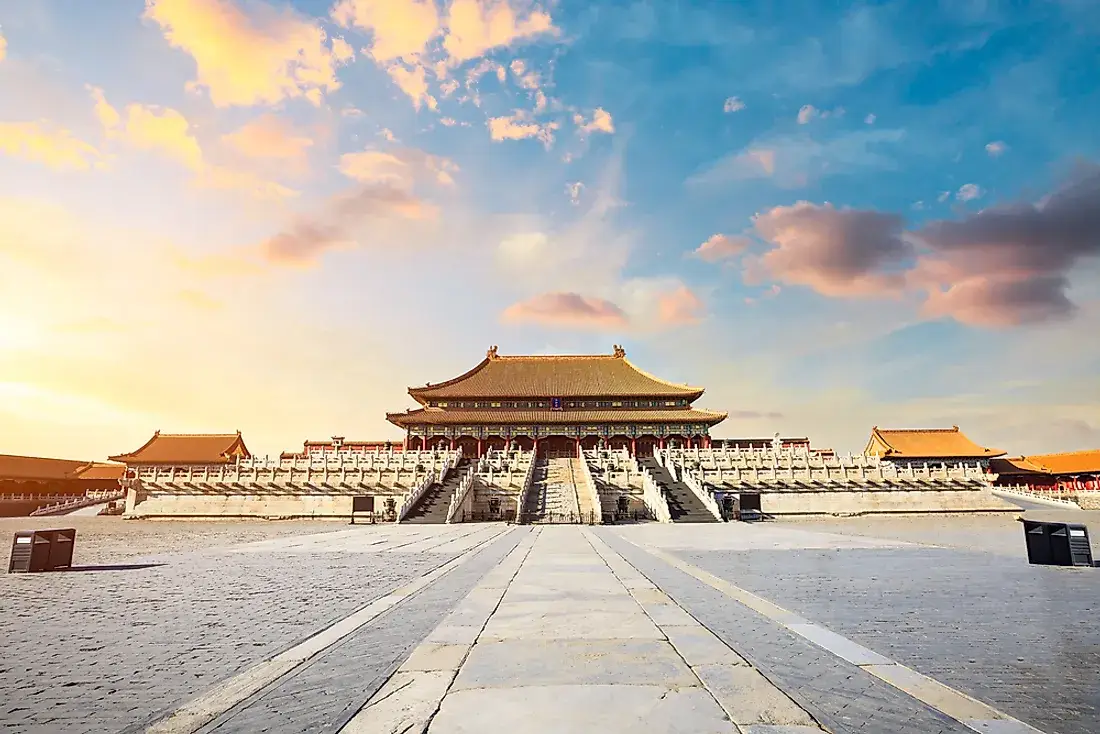Beijing
WELCOME TO beijing
Province Overview
Beijing
16,410 km2
21 million
Mandarin chinese

Popular
Geography and Tourist Attractions
Information about the province's tourist attractions, including popular destinations, events, and activities.

The Great Wall of China

Forbidden City

Tiananmen Square
Political
Economy and Government
Beijing, the capital city of China, is not only a cultural and political center but also a prominent player in the country's economy. With a population exceeding 21 million and a vibrant business environment, Beijing boasts a robust economy that contributes significantly to the nation's growth.
The city is home to numerous multinational corporations, state-owned enterprises, and high-tech industries, making it a magnet for domestic and international investments. Key sectors driving the economy include finance, information technology, research and development, tourism, and creative industries.
The government of Beijing plays a crucial role in supporting and regulating economic activities. It implements policies to foster innovation, attract investment, and promote sustainable development. Measures are taken to enhance the business climate, encourage entrepreneurship, and support small and medium-sized enterprises.
Furthermore, Beijing's government is committed to improving infrastructure, education, healthcare, and environmental protection. Investments in transportation networks, education institutions, healthcare facilities, and eco-friendly initiatives ensure a high quality of life for residents and contribute to the overall economic prosperity of the province.
Through a combination of proactive governance, strategic planning, and investment in key sectors, Beijing's economy continues to thrive, reinforcing its position as a vital economic and governmental hub in China.

History
History and Culture
Beijing, the capital of China, is a province rich in history and culture, offering a captivating blend of ancient traditions and modern developments. Its historical significance can be traced back over 3,000 years. The city boasts iconic landmarks like the Great Wall, a symbol of China's ancient defense system, and the Forbidden City, an imperial palace complex that served as the seat of power for centuries. Beijing's culture is deeply rooted in Confucianism and Taoism, influencing its art, architecture, and social customs.
The province is renowned for its vibrant performing arts, including Beijing Opera, with its distinctive makeup and elaborate costumes. Traditional festivals like the Spring Festival and Mid-Autumn Festival are celebrated with great enthusiasm, showcasing traditional music, dance, and culinary delights. The local cuisine, epitomized by Peking Duck, tantalizes taste buds with its delicate flavors and meticulous preparation techniques.
Moreover, Beijing has embraced modernity while preserving its heritage. The city hosted the 2008 Olympic Games, leaving behind a legacy of architectural marvels such as the Bird's Nest and Water Cube. Museums like the National Museum of China and the Palace Museum exhibit precious artifacts, offering insights into China's past. With its fusion of history, culture, and contemporary innovations, Beijing stands as a testament to China's rich heritage and dynamic evolution.
HOTELS

The Peninsula Beijing

The Ritz-Carlton, Beijing

Park Plaza Beijing Wangfujing
RESTAURANTS

Dadong Roast Duck

Din Tai Fung

